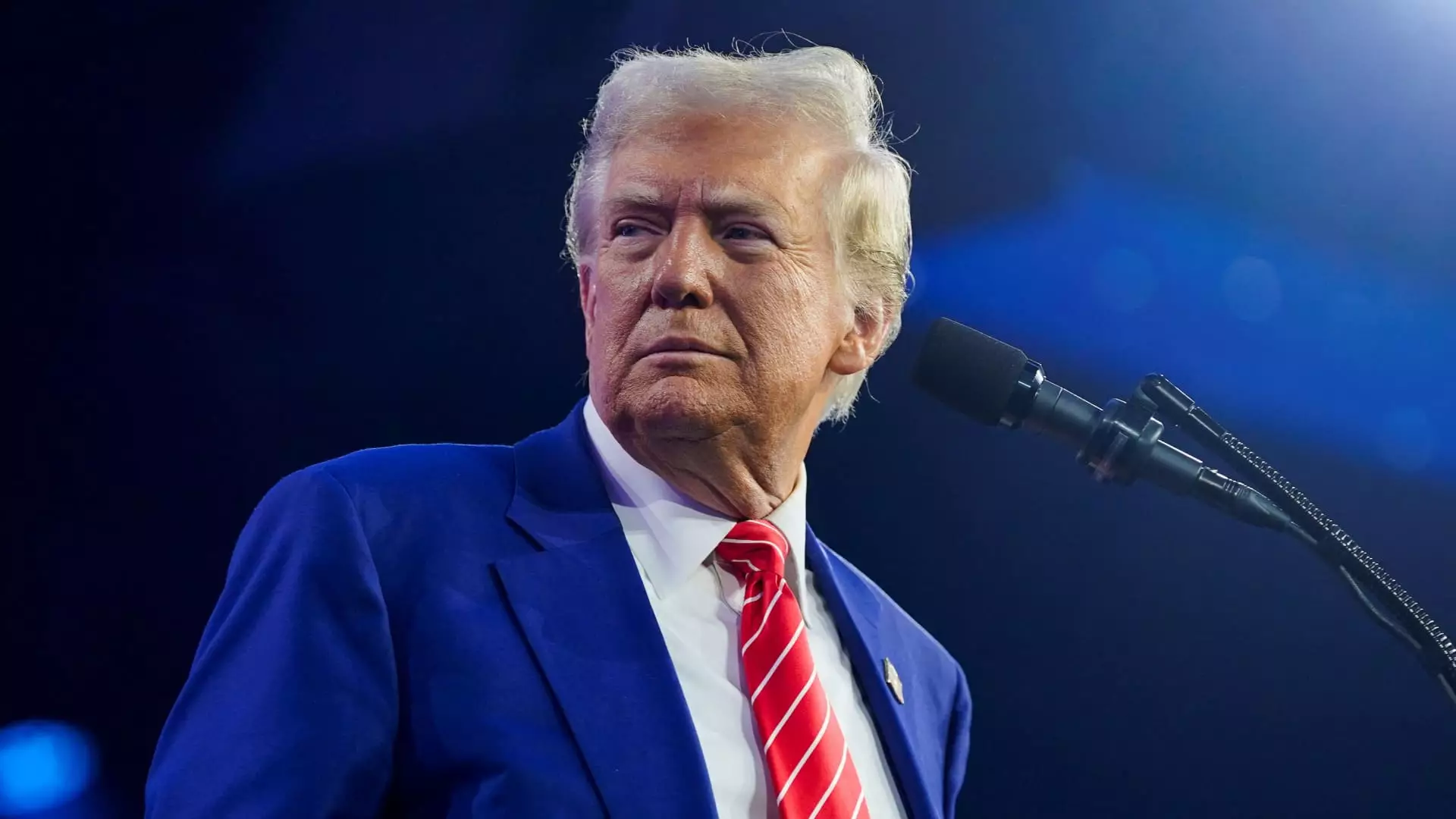In the political landscape following his recent electoral victory, President-elect Donald Trump appears to be making significant strides by incorporating a wealth of tech expertise into his administration. This marks a noteworthy shift from the strained interactions seen during his first term. The integration of Silicon Valley influencers into the fabric of government showcases a growing alignment between the tech industry and national governance.
Recent nominations made by Trump reflect an intricate web of connections to the technology sector. He has put forth Scott Kupor, a prominent figure at Andreessen Horowitz, for the position of Director of the Office of Personnel Management (OPM). This role is pivotal as it shapes the recruitment strategies and resources available for government employees. Kupor’s appointment suggests a deliberate attempt to infuse modern business practices into public service, potentially transforming bureaucratic inefficiencies.
In parallel, Trump has nominated Sriram Krishnan as the Senior Policy Advisor for Artificial Intelligence at the White House Office of Science and Technology Policy. Krishnan, with an extensive resume that spans industry giants like Microsoft and Meta, carries a profound understanding of cutting-edge technologies. His previous involvement with Elon Musk in managing the social media platform X indicates that the line between technology and governance is increasingly blurred. This appointment not only acknowledges the relevance of AI in policy-making but also highlights Musk’s significant role as an influencer in the new administration.
Musk’s emergence as a close advisor to Trump creates an intriguing dynamic. This relationship may elicit concern among political opponents, as Musk’s influence extends beyond commerce to affect the Federal landscape. He is not merely a tech mogul; he sits in the driver’s seat of companies influencing various critical sectors, from electric vehicles to space exploration. This overlapping of interests could lead to policy decisions that prioritize technological growth while possibly sidelining broader ethical considerations.
Meanwhile, Krishnan’s association with tech luminaries such as David Sacks, who has been dubbed the “czar” of cryptocurrency and AI, further emphasizes the administration’s tech-centric focus. Sacks’ background as a venture capitalist and former COO of PayPal positions him to shape regulations that align with the fast-evolving landscape of digital finance and artificial intelligence.
The Shift in Silicon Valley’s Stance
Compared to Trump’s first term, there is an apparent change in sentiment among Silicon Valley executives. During his previous presidency, the tech industry often expressed skepticism and apprehension towards Trump’s policies. However, the current wave of endorsements from tech leaders for his latest appointments represents a significant shift. Executives such as David Marcus and Aaron Levie have publicly praised these nominations, suggesting a newfound optimism regarding the administration’s approach to industry collaboration.
Additionally, major tech companies have demonstrated a willingness to financially support Trump’s inauguration efforts. Contributions from Amazon, Meta, and OpenAI’s Sam Altman, each totaling $1 million, underscore a commitment that appears to transcend partisan lines, favoring practical governance solutions relevant to the tech sector.
Trump’s second administration is poised to embrace a distinctly tech-savvy approach to governance, influenced heavily by Silicon Valley’s most powerful figures. The appointments of individuals with deep ties to technology not only reflect an understanding of modern infrastructure and needs but also signal a potential shift in policy-making paradigms.
As the newly nominated advisors step into their roles, the effectiveness of their strategies and collaboration with big tech may face scrutiny. It remains to be seen how these relationships will translate into tangible policy outcomes and whether the administration can navigate potential conflicts of interest. In an era defined by rapid technological advancements, Trump’s alignment with industry leaders might herald a new chapter in governance—one that champions efficiency and innovation, but also raises critical questions about accountability and ethical oversight.

